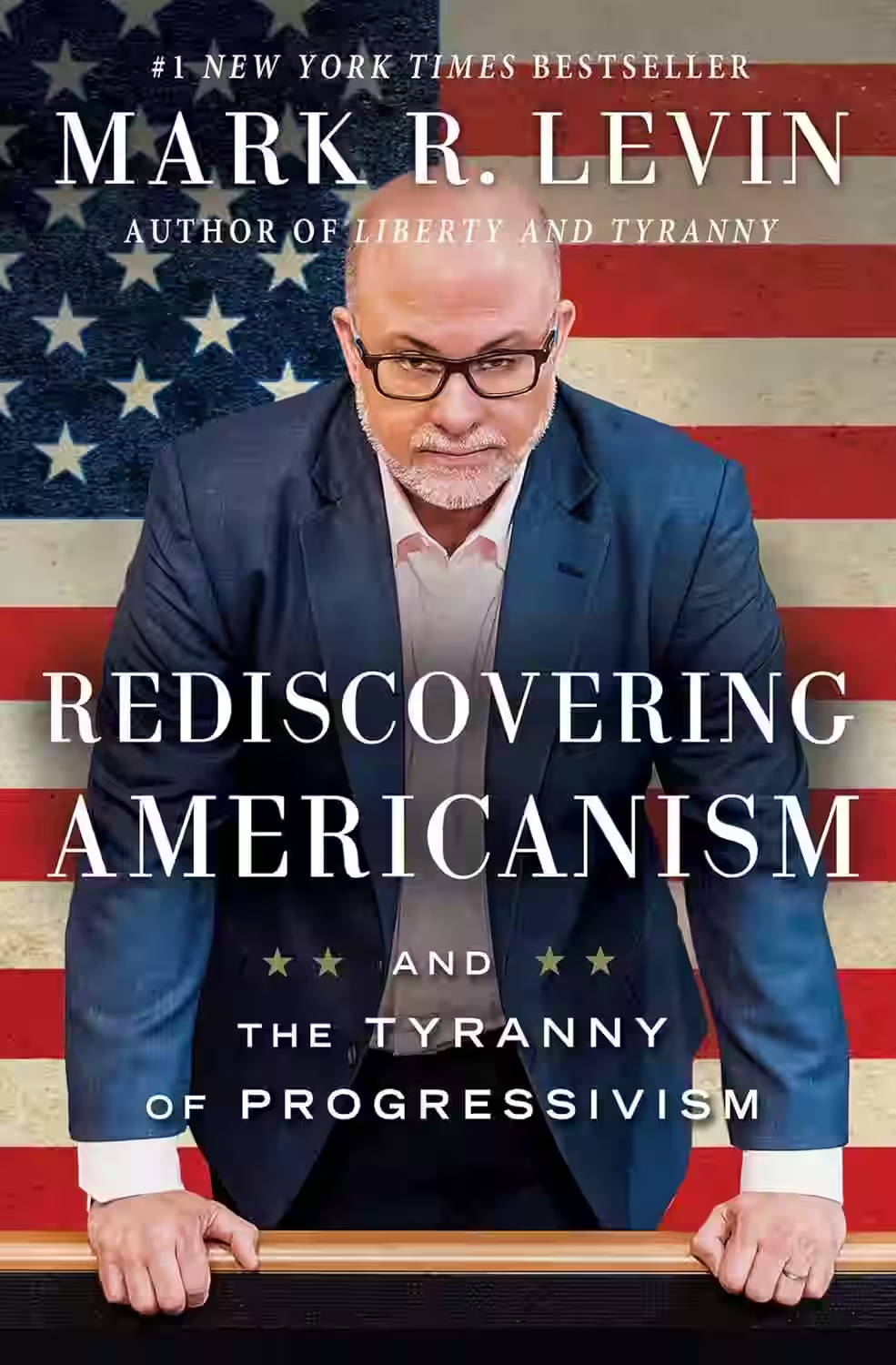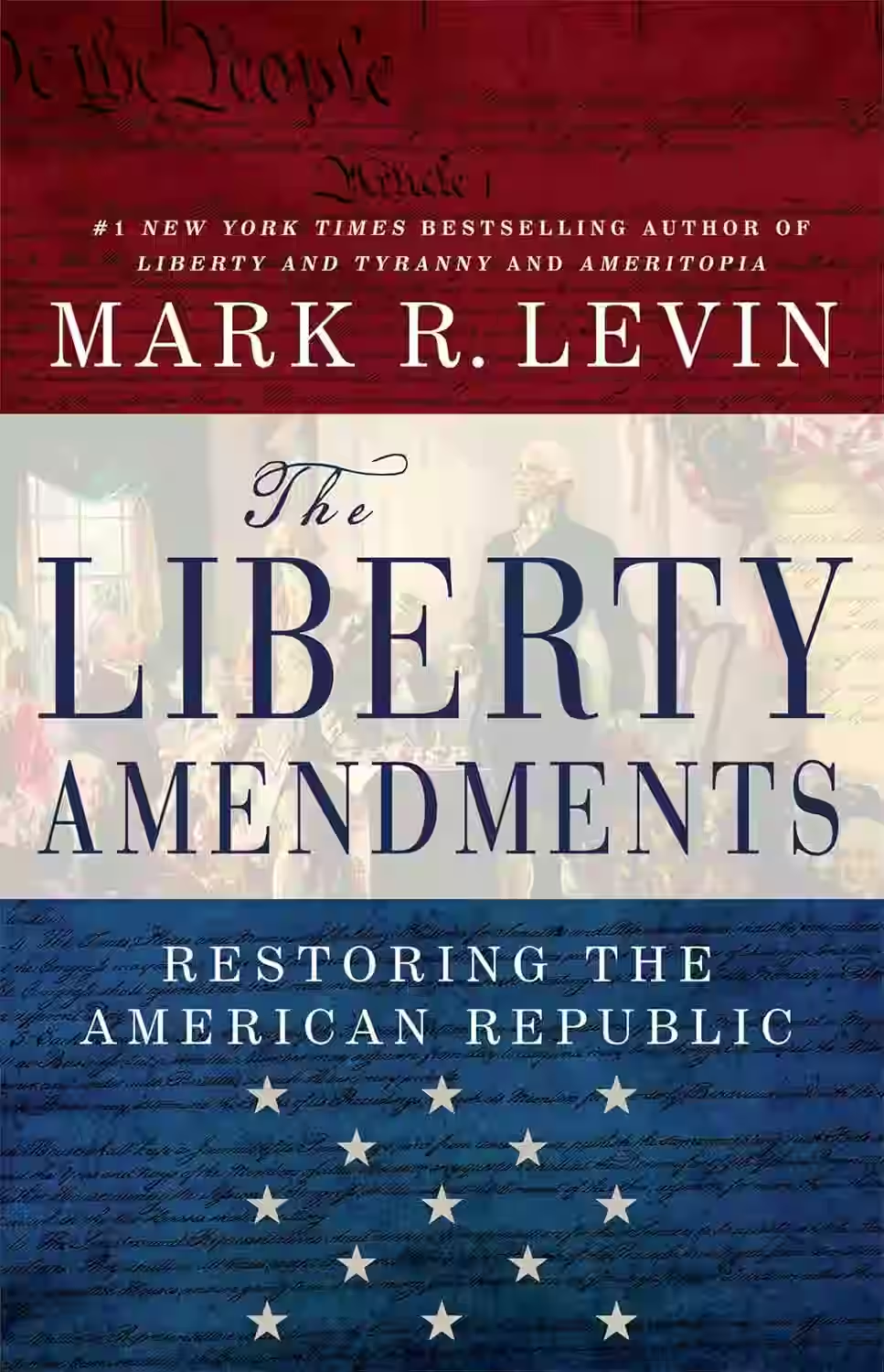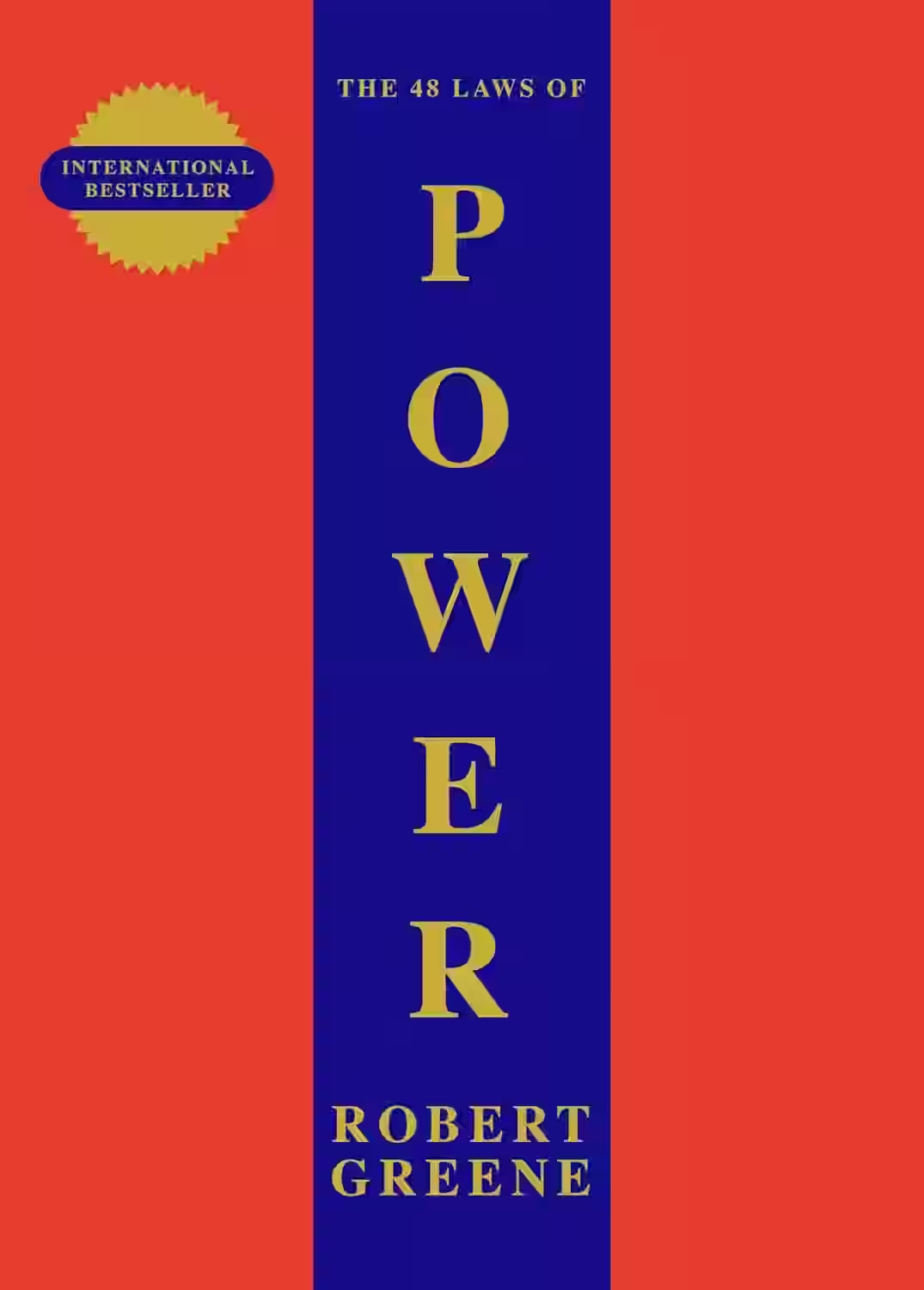
In 'Rediscovering Americanism: And the Tyranny of Progressivism,' Mark R. Levin delves into the core principles of American conservatism and the dangers posed by the progressive movement. Through a comprehensive analysis, Levin examines the Founding Fathers' vision for America, emphasizing individual liberty, limited government, and free markets. He critiques the progressive ideology for its deviation from these principles, highlighting its threat to the American republic. Levin's compelling argument calls for a return to the roots of Americanism to safeguard the nation's future. This thought-provoking book challenges readers to reconsider their understanding of American values and the ongoing battle between conservatism and progressivism.
About Mark R. Levin
Mark R. Levin, born in 1957, is a prominent conservative commentator, author, and constitutional lawyer. Levin is best known for his bestselling books that have made a significant impact on American political discourse. His work often reflects his deep understanding of the U.S. Constitution and his staunch advocacy for conservative principles. Some of his notable works include 'Liberty and Tyranny', 'The Liberty Amendments', and 'American Marxism'. Levin's insightful analysis and passionate defense of traditional American values have earned him a devoted following. As a radio host and television personality, Levin continues to influence public opinion and shape the national conversation on issues of freedom, democracy, and governance.
Other Books by Mark R. Levin

Ameritopia: The Unmaking of America
In 'Ameritopia: The Unmaking of America', Mark R. Levin delves into the philosophical foundations of the American political system and contrasts it with the Utopian ideologies that seek to erode individual liberties and constitutional constraints. Through a powerful blend of historical analysis and contemporary commentary, Levin investigates the dangers of centralized power, societal control, and the disregard for natural rights. Drawing parallels between the Founding Fathers' vision and the current political landscape, 'Ameritopia' serves as a thought-provoking exploration of the ongoing struggle between liberty and tyranny. With meticulous research and compelling arguments, Levin challenges readers to reflect on the significance of preserving the American principles of limited government and individual freedom.

Liberty and Tyranny: A Conservative Manifesto
In 'Liberty and Tyranny: A Conservative Manifesto' by Mark R. Levin, the author lays out a compelling argument for the preservation of conservative principles in the face of what he sees as the encroaching power of government. Levin delves into key themes such as individual liberty, limited government, and the importance of upholding the Constitution. Through a blend of historical analysis, political commentary, and passionate advocacy, Levin challenges readers to rethink their understanding of governance and the role of the state in society. His thought-provoking manifesto sparks important conversations about the enduring values that underpin American democracy.

Plunder and Deceit: Big Government's Exploitation of Young People and the Future
In 'Plunder and Deceit: Big Government's Exploitation of Young People and the Future,' Mark R. Levin presents a thought-provoking critique of government policies and their impact on the younger generation. Through insightful analysis and compelling arguments, Levin discusses how bloated government programs not only hinder individual liberty but also jeopardize the future of young Americans. He delves into topics such as education, entitlements, and the national debt, offering a conservative perspective on the challenges faced by the youth. This book serves as a rallying call for a reevaluation of governmental practices to secure a better future for the next generation.

The Liberty Amendments: Restoring the American Republic
In 'The Liberty Amendments: Restoring the American Republic' by Mark R. Levin, the author proposes a set of Constitutional amendments to restore the balance of power between the federal government and the states. Levin argues that a departure from the principles of limited government has led to a decline in individual liberty and the erosion of the Republic's foundation. Through a detailed analysis of historical context and constitutional theory, Levin presents a compelling case for empowering the states and the people through amendments aimed at curbing federal overreach. This thought-provoking book challenges readers to reconsider the role of government in safeguarding liberty and offers practical solutions to reignite the spirit of the American Republic.
Similar Books

The End of History and the Last Man
In 'The End of History and the Last Man,' Francis Fukuyama explores the concept of the end of history, arguing that liberal democracy represents the final form of government and the ultimate goal of human socio-political development. Fukuyama delves into the Hegelian idea of humanity's journey towards a universal state of freedom and democracy, positing that the fall of the Soviet Union marked the realization of this vision. However, he contemplates the challenges to this theory, particularly the rise of identity politics and challenges to the liberal democratic order. This thought-provoking book continues to spark debates on the future of global governance and ideology.

The 48 Laws Of Power
In this huge international bestseller, the 48 laws are illustrated through the tactics, triumphs and failures of great figures from the past who have wielded - or been victimised by - power. The perfect book for the power hungry (and who doesn't want power?). At work, in relationships, on the street or on the 6 o'clock news: the 48 Laws apply everywhere. For anyone with an interest in conquest, self- defence, wealth, power or simply being an educated spectator, The 48 Laws of Power is one of the most useful and entertaining books ever. This book 'teaches you how to cheat, dissemble, feign, fight and advance your cause in the modern world.' (Independent on Sunday) The distilled wisdom of the masters - illustrated through the tactics, triumphs and failures from Elizabeth I to Henry Kissinger on how to get to the top and stay there. Wry, ironic and clever, this is an indispensable and witty guide to power.

Freakonomics: A Rogue Economist Explores the Hidden Side of Everything
by Steven D. Levitt, Stephen J. Dubner
In 'Freakonomics,' Steven D. Levitt, along with journalist Stephen J. Dubner, delves into the intriguing world of economics to uncover unconventional truths behind everyday phenomena. This book challenges traditional thinking by examining how incentives drive human behavior, exploring correlations between seemingly unrelated factors, and revealing the unexpected consequences of various decisions. Levitt's unconventional approach to data analysis and his ability to ask the right questions make 'Freakonomics' a compelling and thought-provoking read that sheds light on the hidden dynamics shaping our world. From exploring cheating in sumo wrestling to the impact of parenting on children, this book offers a fresh perspective on the complexities of life's mysteries.

The Wages of Destruction
by Adam Tooze
In 'The Wages of Destruction' by Adam Tooze, the author meticulously examines the economic mechanisms that underpinned Nazi Germany's war machine during World War II. Tooze delves deep into the financial structures, resource management, and strategic decisions that sustained Hitler's regime, shedding light on how economic policies shaped the course of the war. Through detailed analysis and compelling narrative, Tooze reveals the precarious economic foundations of the Third Reich and its catastrophic consequences. This book offers a fresh perspective on the war, emphasizing the crucial role of economic factors in shaping historical events.